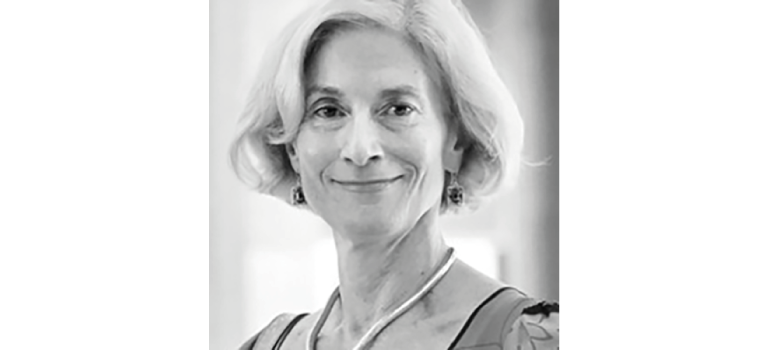Martha Nussbaum is an original and eminent thinker whose work discusses a broad range of topics that are extremely relevant to the public discussion of healthcare and the (global) distribution issues that come with it. Throughout her work, Nussbaum uses both Western and Eastern sources and gives much attention to the contrasts between North and South, which has inspired wildly different audiences.
Two books stand out in this regard. Creating Capabilities: The Human Development Approach (2011) is hugely important because of the substantial theories about social justice that Nussbaum writes about, which perfectly fit the complex problems we are facing from globalisation in general and the pandemic in particular. Of equal importance is her earlier book The Fragility of Goodness (1986, revised edition 2001), partly because it takes into account the vulnerability and powerlessness associated with these complex issues.
The Fragility of Goodness
To quote Nussbaum herself, ‘Fragility is, above all, a book about disaster, and the ways in which ethical thought comes to term with disaster.’
The Fragility of Goodness is a stunning piece of practical philosophy in which Nussenbaum convincingly argues why human life is complicated and contains a wealth of conflicting values which can be totally incomparable. In doing so, Nussbaum opposes Kantian philosophers and Utilitarians who, in her view, are too rigid in their search for the correct answer in every situation. Using classical philosophers (Plato and Aristotle in particular) and tragedy writers, Nussbaum offers readers a guide for dealing with the vicissitude and uncertainty of human life. The Coronavirus pandemic has confronted us with our own vulnerability and powerlessness. We are now painfully aware of the threat of disasters and non-manufacturability of life.
In ‘Fragility ‘, Nussbaum was one of the first to give a new take within moral philosophy to the notions of vulnerability and chance, central themes of Greek philosophy. Certain fundamental values, such as friendship or citizenship, expose people to risk because they make us vulnerable to fate or loss. Furthermore, value conflicts can prevent people from doing everything they have committed themselves to, something which also makes them vulnerable. For example, take the pursuit of immunity or other attempts to remove chance from our lives. These efforts ensure the disappearance of genuine human values from life; an invulnerable life is also an impoverished life.
Nussbaum’s interpretation of tragedy writers also provides a critical view of vulnerability. Is suffering always inevitable or can it also be the result of malice, callousness or foolishness? And where is the line between them? With tragedies in mind, Nussbaum calls for introspection and change where resignation is not suitable.
Creating Capabilities
This book details the capability approach that Nussbaum developed with Indian philosopher Amartya Sen. Compared to The Fragility of Goodness, Creating Capabilities is a politically charged book in which Nussbaum calls for a different view on the (economic) development of countries. We should no longer focus on narrow economic factors such as Gross National Product, but rather on the question of what options are available to people. Poverty is therefore defined very differently than within a purely economic approach specifically because of the lack of these (essential) possibilities.
Alongside a substantial theory about social justice, the book also provides a concrete list of basic capabilities that a country should strive towards, such as life, health and physical integrity. The focus is on individual choice and freedom; a society should offer its citizens opportunities or substantial freedoms, but it is up to individual citizens to decide whether to take them up on these.
Current Covid-19 measures could be assessed based on this list. How paternalistic can a government be when it comes to protect the health of people (and society)? How much room is there for individual responsibility during a pandemic when the consequences of unwanted individual choices can be very far-reaching? Nussbaum is very clear when it comes to health, assigning great value to freedom of choice and rejecting paternalism in policy-making, but should this also apply during a pandemic? In addition to central capabilities, Nussbaum places huge emphasis on social interaction (affiliation) and education, imagination, creativity and the arts, the exact things that are severely limited by lock-downs. To what extent do pandemics justify restricting these central capabilities? (In her other books, such as Upheavals of Thought (2001), Nussbaum emphasises the importance of art – especially Gustav Mahler – and emotions as markers of what is truly valuable to humans.) Has the pandemic perhaps revealed that the capability approach, with its emphasis on individual freedom, cannot answer questions that concern society as a whole and therefore ignore the individual?





